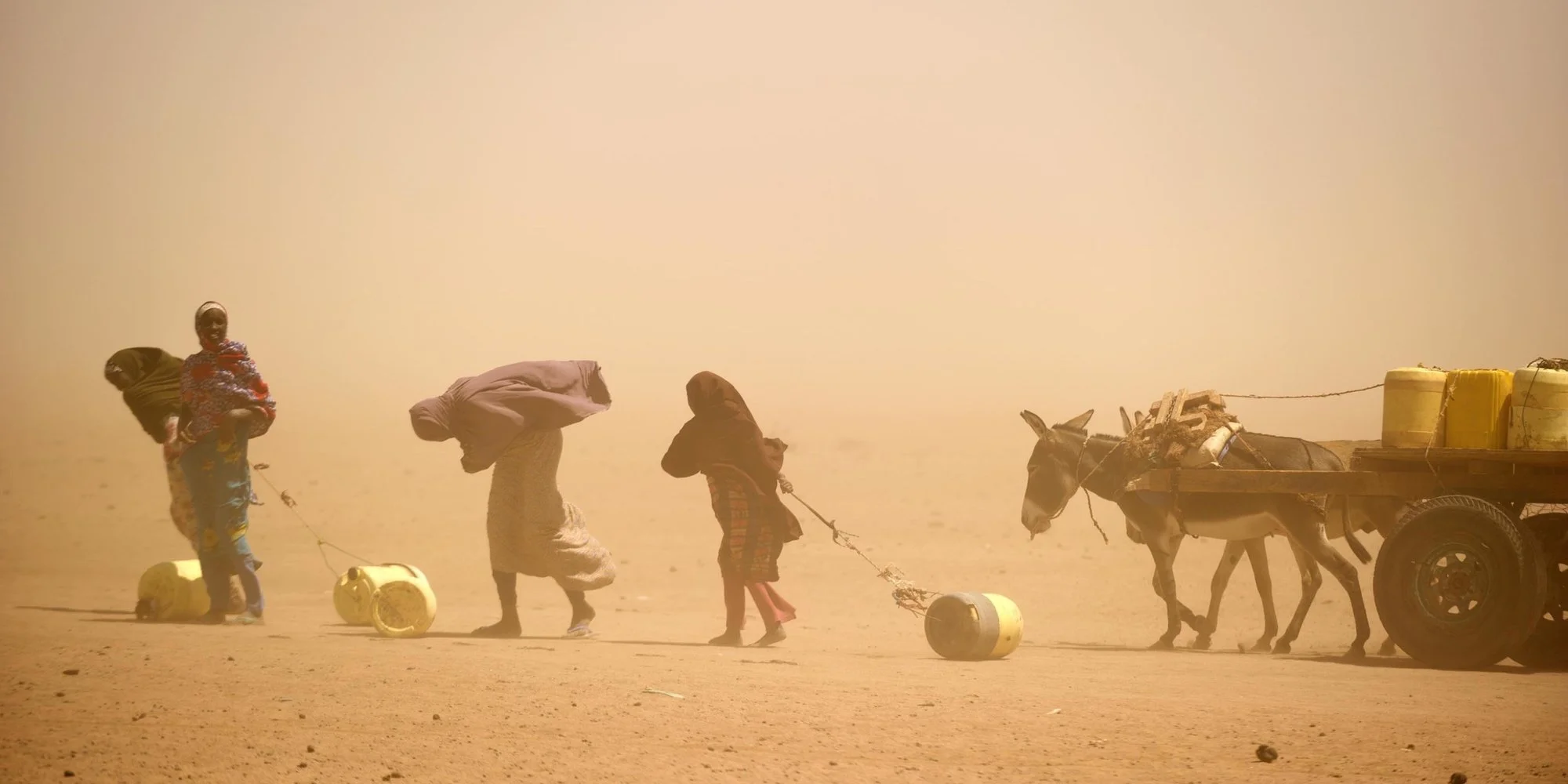How Climate Change Is Fueling Violence Against Women
"I was in Santa Maria Xalapan of Guatemala when a group of women said young girls were being kidnapped and raped because there was a water crisis. It was a revelation," said the executive director of the Fondo Centroamericano de Mujeres, a women's fund based in Central America.
In the indigenous Xinca society of Xalapan, men often kidnap and rape young girls before marrying them, Lopez said, and for about a decade, the local women's group had been campaigning to end this trend.
But in the last two years, groundwater was becoming scarce, because of weather changes and increased mining in the region. As women and girls had to walk further to fetch water, the number of kidnappings and rapes more than doubled over that period, local women said.
"The group of young women came to us and said that they were going to campaign for women's and girls' access to water, because that was the main reason behind the rise in rapes and kidnapping. So we provided them a grant of $15,000 that was usually reserved for climate projects," said Lopez, who spoke at this week's Women Deliver conference in Copenhagen, which for the first time had a strong focus on climate change issues this year.

